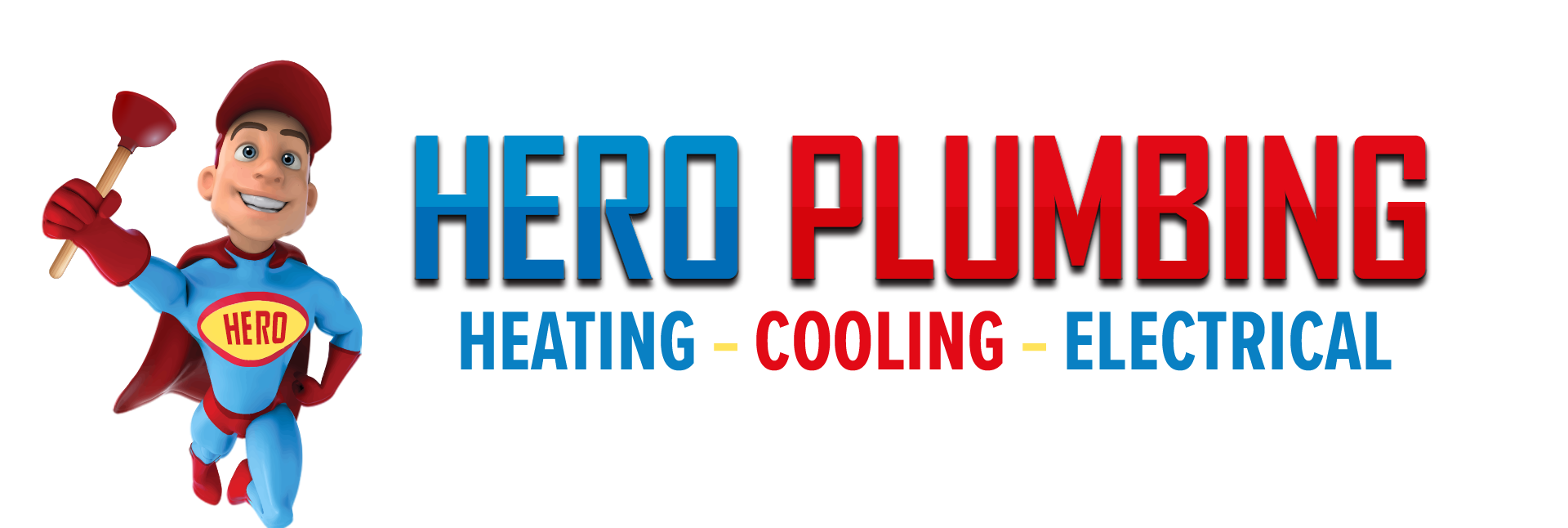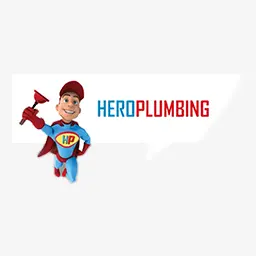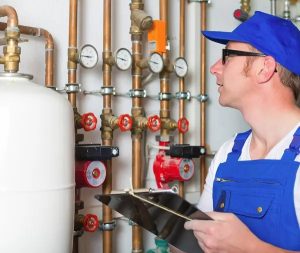Table Of Contents
Responsibilities Of A Plumber
A plumber is a tradesperson who specialises in installing and maintaining water supply systems, sewage, and drainage in plumbing systems. Plumbers are also sometimes called fitters or piping technicians. For one to become a plumber, there are various qualifications and experience that one must have.
How To Become A Plumber
Apprenticeship
One of the most common ways to become a plumber is to complete an apprenticeship. Apprenticeships combine on-the-job training with technical classroom instruction, giving you the skills and knowledge necessary to become a journeyman plumber. Many unions and businesses operating in specific trades, including plumbing, offer apprenticeships to people interested in becoming plumbers.
Colleges and technical schools
Community colleges and technical schools also offer programs leading to a career as a plumber. These programs typically last two years or less and often result in an associate’s degree or certificate. The courses might include mathematics, blueprint reading, plumbing codes, safety, and first aid. Some programs also include internships that allow students to gain hands-on experience working with professional plumbers.
Continuing education
Plumbers may also pursue voluntary certification to make themselves more marketable. Certification programs are available through Technical and Further Education (TAFE) regional institutions. These programs typically take four to eight weeks to complete and prepare students for entry-level positions in the plumbing field.
Types Of Plumbers
Many different types of plumbers specialise in various aspects of the trade. For example, some plumbers may specialise in installing hot water systems, while others might specialise in sewer or drainage systems. In the same vein, some plumbers specialise in gas lines and fire sprinklers.
There are endless possibilities when considering specialisation within the plumbing field. However, the common denominator among all plumbers is the need to be licensed to work independently.
Journeyman plumbers
A journeyman plumber is a tradesman who has gone through an apprenticeship and can now work independently. Most states require journeyman plumbers to be licensed, and they must have a minimum amount of experience working in the field before they are allowed to work independently.
Master plumbers
A master plumber is a step up from a journeyman plumber. In most cases, a master plumber will have completed an apprenticeship and years of experience working in the field. In addition, master plumbers are usually required to be licensed by the state where they work.
Gas fitters
A gas fitter is a tradesperson who specialises in installing and maintaining gas lines. Gas fitters must be licensed in most states, and they must have a minimum amount of experience working with gas lines before being allowed to work independently.
Fire sprinkler fitters
A fire sprinkler fitter is a tradesperson who specialises in installing and maintaining fire sprinkler systems. Fire sprinkler fitters must be licensed in most states and have a minimum of experience working with fire sprinklers before they can work independently.
Plumbing inspectors
Plumbing inspectors ensure that plumbing systems meet local codes and ordinances. In most cases, plumbing inspectors must acquire a license from the state where they work.
Skills Of A Good Plumber
Plumbers need to have a wide range of skills to be successful in their trade. Some of the most important skills that a good plumber should possess include:
Knowledge of plumbing codes and ordinances
Plumbers need to understand the relevant codes and ordinances to ensure that plumbing systems meet local codes and ordinances. This knowledge enables plumbers to install and maintain plumbing systems properly.
Knowledge of plumbing tools and equipment
In order to properly install and maintain plumbing systems, plumbers need to be familiar with a wide range of tools and equipment. Plumbers need to know how to use these tools and equipment to safely and effectively install and maintain plumbing systems. A plumber must know which tools to use for gas fitting, piping, water system installations, and other plumbing duties.
Knowledge of piping materials
Plumbers must be familiar with various piping materials to install and maintain plumbing systems properly. Plumbers need to know the pros and cons of each type of piping material to choose the best material for each specific job.
Strong problem-solving skills
Plumbing systems are complex, and often things can go wrong. When problems arise, plumbers need to be able to troubleshoot the issue and find a solution. Plumbers need to have strong problem-solving skills to solve problems with plumbing systems effectively.
Strong communication skills
Plumbers need to communicate with clients, co-workers, and other tradespeople effectively. Plumbers need strong communication skills to complete plumbing jobs promptly and efficiently.
Roles Of A Plumber
A plumber is a skilled tradesperson who specialises in the installation and repair of plumbing systems. In addition to installing new plumbing systems in homes and businesses, plumbers also perform routine maintenance and repairs on existing systems. There are several different roles that a plumber can play in the plumbing industry, and each role needs a different set of skills and knowledge.
Performing research
In order to find the perfect solutions for plumbing problems, plumbers need to be able to research a wide range of information effectively. Plumbers need to be able to find and interpret data to make informed decisions about plumbing systems. These researches involve reading and understanding blueprints, specifications, and other technical data.
Installing pipes and fixtures
Plumbers are also responsible for installing new pipes and fixtures in residential and commercial properties. This can include anything from installing a plumbed fridge to new gas stove installation. Plumbers need to be familiar with local building regulation to ensure that the work is done correctly.
Maintaining sewer and septic systems
Plumbers are often responsible for maintaining sewer and septic systems used to collect and treat waste from homes and businesses. This can involve pumping out the septic tank, cleaning the filters, and repairing any leaks or damage. Septic and sewer maintenance is essential to prevent pollution and keep the system running smoothly.
Inspecting plumbing
Plumbers also play an essential role in inspecting plumbing systems for both residential and commercial properties. This can involve looking for leaks, testing pipes for durability, and checking fixtures for proper installation. By regularly inspecting plumbing systems, plumbers can help prevent significant problems from occurring.
Testing plumbing systems
After performing the necessary repairs, plumbers need to be able to test the plumbing system to ensure that it is functioning correctly. Plumbers need to understand the relevant codes and ordinances to ensure that the testing is done correctly. Unless you are an expert plumber, you cannot test a piping or water system and come up with a detailed analysis of its condition.
Cleaning plumbing systems
Plumbers need to be able to clean plumbing systems effectively. Plumbers must be familiar with various tools and equipment to clean plumbing systems properly. In addition, plumbers need to have a strong understanding of the relevant codes and ordinances to ensure the cleaning is done correctly.
Fixing leaks
Plumbers are responsible for fixing leaks in both residential and commercial properties. This can involve fixing a dripping faucet or repairing a burst pipe. They use various tools and techniques to identify and fix leaks, which can help save water and prevent further damage.
Communicating with clients, co-workers, and tradespeople
In addition to their technical skills, plumbers must also be good at customer service. This means answering questions, solving problems, and providing information clearly and concisely. Plumbers who offer excellent customer service are often the most successful.
Keeping up with new technology
Plumbers need to be able to keep up with new technology. Plumbers need to be familiar with new tools and equipment used in the plumbing industry. In addition, plumbers need to be aware of new codes and ordinances.
Professional Emergency Plumber
If you have a plumbing emergency, you need to know that you can rely on your plumber to resolve the issue quickly and efficiently. Plumbing emergencies can occur anytime and often happen when you least expect them. That’s why you must have an emergency plumber that you can trust to work on your hot water system whenever it’s in bad shape.











